Something that we have been hearing from a number of companies that STH works with is that they are discontinuing PCIe Gen3 M.2 SSDs, especially on the client side. This makes a lot of sense since we have a generational transition. At the same time, it is impacting how we do reviews since there is clearly a lack of emphasis on Gen3 devices in the market.
The End of PCIe Gen3 M.2 SSDs
At STH, we have to cover a number of different generations of hardware. We are testing PCIe Gen5 servers like Intel Xeon 6, AMD EPYC, and even AmpereOne at one end of the spectrum. Many mini PCs feature PCIe Gen4 M.2 slots while many workstations have PCIe Gen5 M.2 slots these days. Then we have systems that are built around the Intel Atom line for the edge and also systems like the TerraMaster F8-SSD Plus and Asustor Flashstor 12 Pro FS6712X that are PCIe Gen3 with a maximum of one PCIe Gen3 lane per drive. Over the years, we have bought tons of PCIe Gen3 drives as boot devices, and the SK Hynix P31 1TB drive was a go-to for a long time.
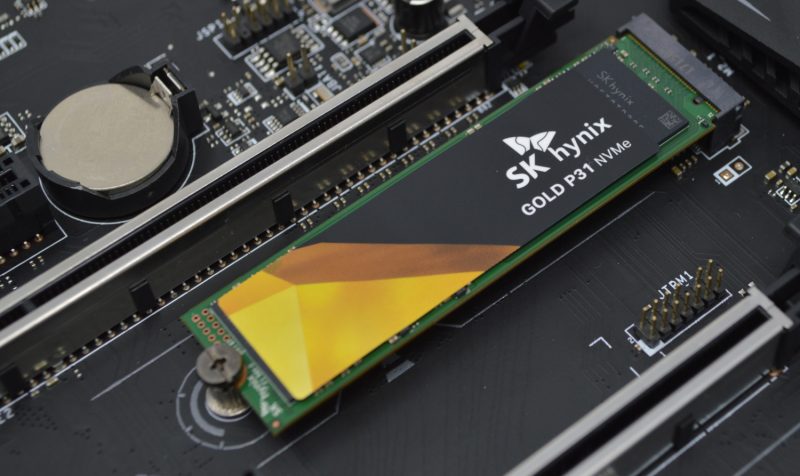
Some folks pointed out in our TerraMaster F8 review, and even in our Asustor Flashstor reviews, that we were using PCIe Gen4 drives. The reason is really simple. There is not as much innovation and competition in PCIe Gen3 4TB drives to the point that oftentimes the Gen4 drives are both available and cost-competitive if not better on both counts. We have something like 40 Crucial P3 Plus 4TB drives running in various M.2 NASes, including ones we never showed on STH for this very reason. We can get the drives and they are cheap.
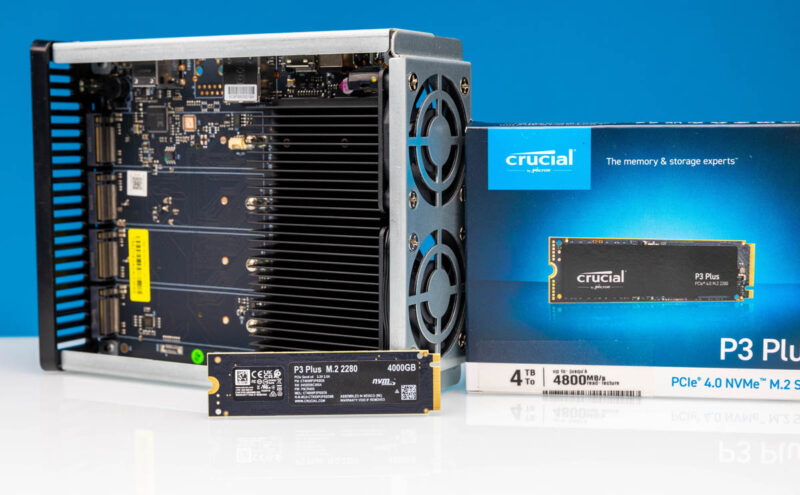
What you have likely noticed in the market is that companies are coming out with some new Gen4 drives. There is a lot of focus on new Gen5 drives. We cannot remember the last PCIe Gen3 M.2 drive we covered the announcement for. When we asked vendors about this, the general consensus is that R&D is going into Gen5 devices, not Gen3. Gen3 already had many product generations.
Final Words
Between e-mail, various social channels, YouTube, and more, we got many comments on why we were using PCIe Gen4 M.2 drives. There is a lot more to choose from when it comes to 4TB drives when looking a PCIe Gen4. For 1TB drives, there are plenty of Gen3 options, and there are many for 2TB. For larger capacities, just because a system is PCIe Gen3 does not mean you have to look for a Gen3 4TB drive. You can use a Gen4 one as well. Manufacturers will still have many Gen3 drives in the market, but development is now on Gen5 since we will be going to Gen6 and then Gen7 at a much faster rate than we had previously.
If it feels like it is getting harder to find cheaper PCIe Gen3 M.2 drives, you are not going crazy. Those lines are getting discontinued over time as companies shift focus to faster drives. This feels like a “no duh” moment when you consider the market dynamics. On the other hand, PCIe Gen3 NVMe drives hit the market in 2011 or 2012, so after more than a decade, it is time for them to sunset.

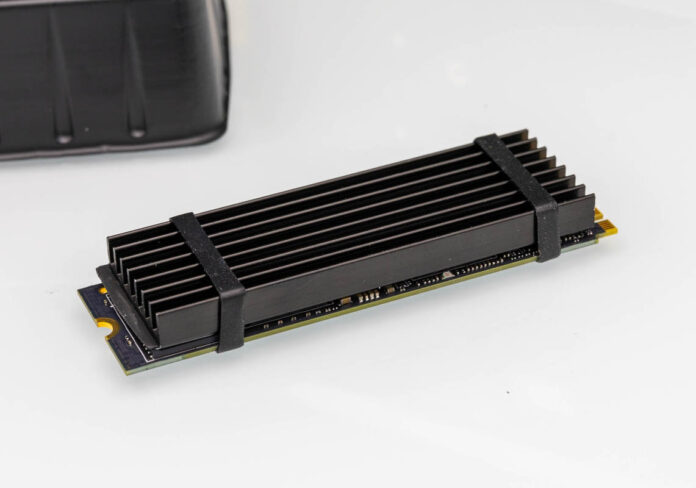

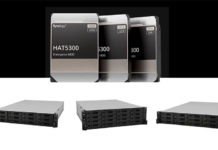
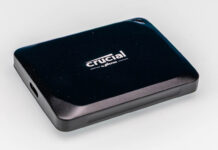
One thing I would love to see is a breakdown in different drives of what the premium over the cosr of commodity NAND is for a given drive. If a PCIe4 controller doesn’t cost more, and can use newer and due to the newer interface, eventually that will have to win out.
While Moore is dead, processes do still get cheaper over time with improving yields, and process tweaks.
Are any PCIe4 drives as power efficient as PCIe3 drives? That SKHynix P31 Gold has been a staple for low power applications like homeassistant microservers, routers, etc.
I’d also like to see a review of PCIe Gen4 and Gen5 drives focused on overall low power usage (useful in notebooks and battery and solar powered environments).
What Gen4 and Gen5 drives replace the Gen3 SKHynix P31 Gold as the go-to drive in these environments?
Really hard to find but Kioxia CA6 is a good bet for P31 replacement. The only real reference to it that I can is here: https://www.ssstc.com/products-detail/CA6-M2-2280-pcie-ssd/
But I’ve bought some on ebay and I am thoroughly impressed. From someone with half a dozen P31s around the house.